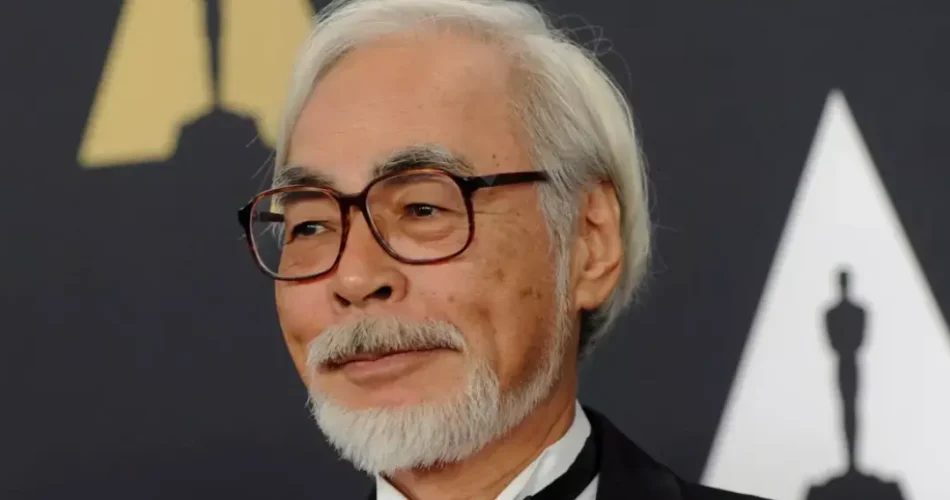TOKYO – Ghibli, the Japanese studio that just won its second Oscar for best animated feature for “Kimitachi wa dô ikiru ka” (“The Boy and the Heron”), has yet to say what plans it has for the future, but founder Hayao Miyazaki, has not ruled out making another film.
At 83, Miyazaki is the oldest director to be nominated and awarded in the animated feature category. His next project would not necessarily have to be a feature film, it could be a short film.
According to a person close to Miyazaki, the filmmaker feels a bit ashamed for having declared a decade ago that he would no longer make films on the grounds of his age.
“He regrets announcing to the world that he would no longer make another film,” said producer Toshio Suzuki, co-founder of Studio Ghibli, after winning the Academy Award.
When the Oscar was announced Monday morning in Japan, a standing ovation was heard in the small, humble building that houses the animation studio on the outskirts of Tokyo, where dozens of invited media had crowded in to watch the ceremony on a giant screen.
It is the second award for Ghibli after winning the Oscar in 2003 for “Sen to Chihiro no kamikakushi” (“Spirited Away”). The studio’s two films are the only hand-drawn films to have won in this category.
The 96th Academy Awards was a big day for Japanese cinema, as “Godzilla Minus One” won the award for best visual effects, marking Japan’s first win in that category.
Japanese media praised the Ghibli and Godzilla films, noting that a double Oscar win had not happened for the country since 2009 when it won in the foreign film (now called international feature) category for “Okuribito” (“Farewell”) and in the animated short film category for “Tsumiki no ie” (“The House of Little Cubes”).
An editorial article published Tuesday in the Yomiuri newspaper announced “a new page in the history of Japanese cinema.”
Japan is also a prominent part of “Oppenheimer,” the winner of seven Oscars, including best picture. The Christopher Nolan-directed biopic focuses on the American scientist who developed the atomic bomb. “Oppenheimer” has not yet been released in Japanese theaters.
“Perfect Days,” Wim Wenders’ moving film about a Tokyo sanitation worker, was the Japanese entry for the international feature film category, but did not win. Japanese actor Koji Yakusho, who plays the kindly, lonely worker who takes photos and tends plants, won the best actor award at Cannes in May last year.
“War Is Over! Inspired by the Music of John & Yoko,” which won in the animated short film category, is inspired by the music of Japanese artist Yoko Ono and her husband, Beatle John Lennon. Their son Sean, who co-wrote the film, wished Ono happy Mother’s Day on stage at the Academy Awards.
Miyazaki celebrated his Oscar win privately in his workshop and did not attend the studio event, Suzuki said. When asked why Miyazaki had shaved off his trademark beard, Suzuki said, “He doesn’t want to look important.”
Suzuki said he spent time analyzing why Ghibli’s latest film was chosen, wondering if it was because of the Old Testament references in the story, which centers on a boy dealing with his mother’s illness and death, and the relationship he develops with a talking bird. Suzuki said Ghibli’s hand-drawn drawings were more effective than computer graphics in portraying the bird’s metamorphosis.
Ghibli didn’t do much publicity for the film, instead choosing a low-key approach for a film that took 10 years to make and was released after Miyazaki reportedly retired.
“We thought it was OK to do something we really wanted to do,” Suzuki said.

